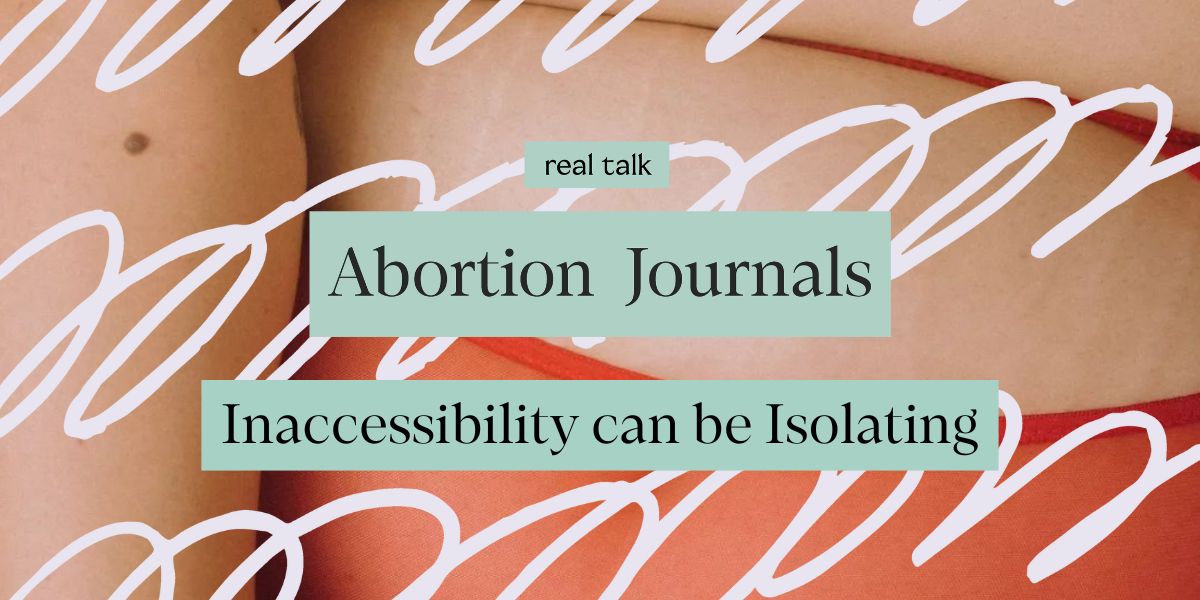Answers to all of your O-Pill questions

What is Opill? How does over the counter birth control work? Is OTC birth control for me? We sat down with Dr. Carly Ross, a Philadelphia OBGYN, to get answers to all of your O-pill questions.
How does O-Pill really work?
The main way that it works is by thickening the cervical mucus. It may also inhibit ovulation.
Why did it get FDA approval out of all the other birth control options to be over-the-counter?
The O-Pill got FDA approval because, for the majority of patients, it’s extremely safe- the major contraindication to using the O-pill is recent breast cancer. Other birth control methods either have more potential contraindications because they contain estrogen, or else they require an injection or placement in the office.
Why is that more viable for over the counter use than prescription birth control pills?
There are two main types of prescription birth control pills- combined birth control pills which contain both estrogen and progestin, and progestin-only pills (POPs). The O-pill is a type of POP which is newly approved for over-the-counter usage. Combined pills as well as POPs, when taken correctly, provide safe and effective birth control. However, combined birth control pills are not approved to be prescribed over the counter because there are more contraindications to the use of estrogen, including hypertension, migraines with aura, history of blood clots, etc. Since the O-pill only contains only progestin and not estrogen, it is safe for over-the-counter use.
Are the side effects of O-Pill different from other prescription birth control pills or are they similar?
Similar. They might get some nausea, breast tenderness, headaches, or abnormal bleeding.
What happens if, say, a person wants to switch from their prescription birth control pills to the over the counter O-Pill? Would that make sense? And why might that make sense or not make sense for some people?
Basically, it depends on if someone is on a combined hormonal pill (estrogen and progestin), or a progestin-only pill (POP). If you’re being prescribed a POP, then sure, it might make sense to switch to the O-pill because it’s over the counter. I’m not sure if it would be cheaper but it would certainly be easier than picking up a prescription. However, if you’re being prescribed a combined pill and tolerating it well with no contraindications, I don’t necessarily see a reason to switch to an over-the-counter pill.
I am on a birth control pill that is both progestin and estrogen. Say I went on vacation, forgot my birth control pills at home. Could I pick up O-Pill from a grocery store and use it for a week and it would still work? Or would that not work?
Any birth control pill that you start needs backup for a week when you first start it. You can't just pick up the pill and have it work immediately.
How long does O-Pill take to work? Is it just a week? If I'm starting from taking no birth control, is it a week, a month, or does it kind of depend?
It should be the same as other birth control pills- you will need backup contraception for a week after starting it.
Some people go on birth control pills for period symptoms. I know that's why I went on birth control when I was much younger, because I had really painful, heavy periods. Some people go on it for acne. Will O-Pill work for any of those things or is it really just to prevent pregnancy?
It's only approved at this time just to prevent pregnancy.
Who do you think O-Pill is really for?
I think it's for young people, sexually active people who might be afraid to talk to their parents about going to the doctor and getting on birth control. It’s for anyone who doesn't have great access to health care. The O-Pill is really about access. It's a solution to a public health issue, making contraception available so anyone who wants it can get it.
What is your opinion on over-the-counter birth control pills?
I think in terms of a public health lens, over-the-counter birth control pills are great. Especially because ever since Roe v. Wade was reversed, we have so many more restrictions on abortion. I think expanding access to contraception is going to be really key for patients to protect themselves from undesired pregnancies.
How young is too young to start birth control and what do you think is the right age to start taking birth control or using it?
I think the right age to start taking it is when there's an appropriate indication- maybe you're ready to become sexually active or you have heavy painful periods or menstrual migraines. I don't think that there is an age that's too young, but I think that there should always be an indication to start a medication.
Do you have to be menstruating to get on birth control? Could you start taking it before you get your period?
You really should have gotten your period before you start taking birth control.
Why is that?
So you know that your body is working normally. If you start taking birth control and you haven't gotten a period yet, then you might not get a period and you might think it's because of the birth control. But, it could be that something else is wrong.
Do you think doctors in general will be opposed to O-Pill because you don't need medical supervision or do you think that won't be an issue?
I don’t foresee it being an issue. The O-pill is very safe for most patients. As long as you read the label and don’t see any contraindications for yourself, it should be fine to take.
Is O-Pill less effective than like a typical estrogen-progestin birth control pill or the same effective if used the same way?
When taken in an appropriate way at the exact same time every day, it is just as effective. However, the O-pill and other progestin-only pills are a bit trickier than combined oral contraceptive pills. This is because when you add the estrogen in, it really suppresses that ovulation and it augments how well the pill is going to work. So if you're several hours late, it's not necessarily a big deal. But with O-pill, you just have that progestin only and don’t have the added-in protection that comes from the estrogen. So if you're more than 3 hours late taking your pill, then you need to use a backup method.
Keep Reading

Frequently Asked Questions about Opill
Jul 27

Is it safe to have unprotected sex while taking antibiotics?
Sep 5

9 people on how they learned what sex is
Sep 12










